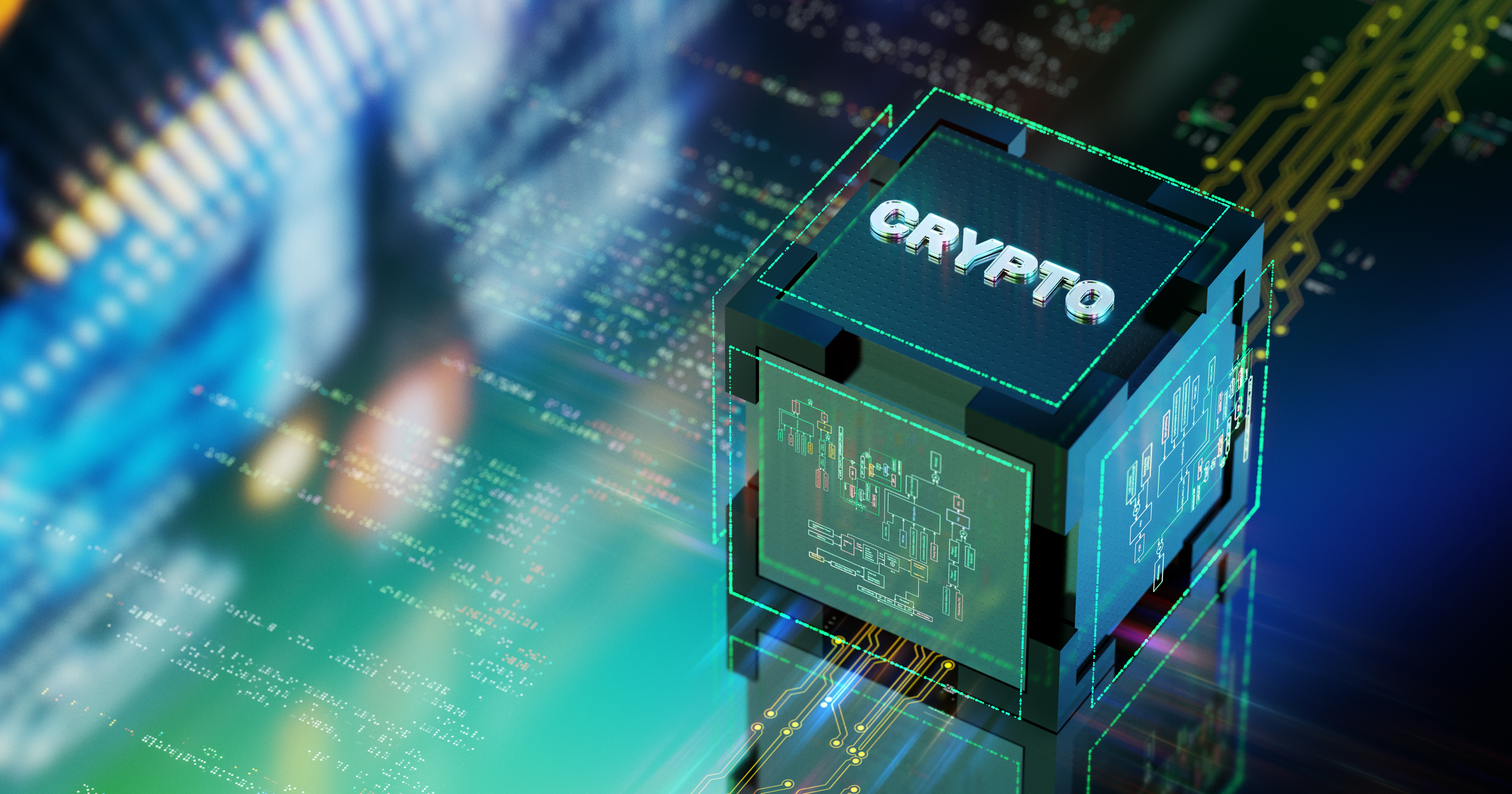AARP Hearing Center

Criminals seeking to defraud unsuspecting Iowans are increasingly turning to cryptocurrency kiosks as an easy way to steal tens of thousands of dollars.
Crypto ATMs, which convert cash into Bitcoin and other digital currencies, can be found in grocery stores, gas stations and other common businesses. Transactions using the machines are often difficult for law enforcement to trace, leaving customers who have their money stolen with little recourse.
To combat the growing problem, AARP pushed this year for legislation to regulate crypto ATMs. It is also working to educate Iowans about the fraud risks associated with using the machines.
In May, the state Legislature passed — and the governor signed into law — a measure to regulate crypto kiosks.
Introduced by state Sen. Charlie McClintock (R-Linn County), the bill limits transactions for customers to $1,000 a day. The transaction amount for new customers is also limited to a total of $10,000 within the first 30 days after they initially use a machine. The measure also requires operators to provide transaction receipts, have a compliance officer, post written notices warning about the potential for fraud, and issue refunds to customers who report fraudulent transactions within 90 days.
McClintock, a former law enforcement officer, became aware of the problem from a local sheriff’s deputy. “It was just overwhelming, the amount that people were being ripped off,” he says.
AARP Iowa supported the measure as a way to ensure protections for legitimate users, while also helping to protect consumers against fraud, says Paige Yontz, the organization’s advocacy director.
Other states have enacted similar legislation. In Minnesota, for example, new cryptocurrency ATM users can get refunds for fraud losses that are reported within 14 days, and daily transactions are capped at $2,000 for new customers.
The Iowa bill also limits transaction fees to 15 percent. Currently, the two leading operators in Iowa charge users a fee of 21 to 23 percent of the value of each transaction, according to the state attorney general’s office.
“If you want to deal in Bitcoin, do it,” McClintock says. “But if you use one of these machines, you’re paying more than you would on your own phone.”
Kathy Gerlach, 64, a fraud education volunteer for AARP Iowa, was surprised to learn there were more than 20 of the machines within a two-mile radius of her home in Cedar Rapids.
When Gerlach gives fraud prevention presentations to groups, she is increasingly getting questions about digital currencies, such as Bitcoin. “They have no idea what crypto is,” she says. “They think it’s like money you put in and out of an ATM, so we’re really having to do education on what it is and how dangerous it is.”
But in the bigger picture, “the story is still the same,” Gerlach notes. Scammers still offer potential victims “a threat or a thrill,” creating a sense of urgency for people to act quickly.
Cash and gift cards remain popular with criminals because they’re also hard to trace. But “crypto is just the latest and greatest payment method,” Gerlach says.
To request a fraud prevention presentation for a community group, go to aarp.org/IAspeaker.
—David Lewellen































































